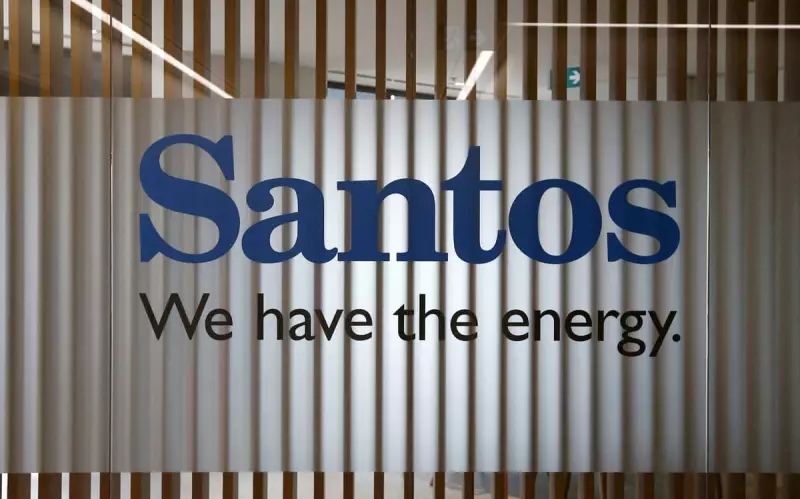
In a dramatic turn of events that has sent ripples through global energy markets, a monumental $30bn acquisition of Australian energy behemoth Santos has collapsed after an Abu Dhabi-led consortium unexpectedly withdrew its offer.
The proposed takeover, which would have ranked among the largest energy deals in recent history, unravelled abruptly as the Middle Eastern investment group reconsidered its position amid shifting market conditions and strategic priorities.
Market Shockwaves
The sudden collapse of the deal has created significant uncertainty around Santos's future strategy and valuation. Industry analysts had viewed the acquisition as a strategic move to consolidate positions in the liquefied natural gas (LNG) market, particularly in the Asia-Pacific region where demand remains strong despite global energy transitions.
Market reaction was immediate, with Santos shares experiencing considerable volatility as investors digested the news of the failed acquisition. The Australian energy sector broadly felt the impact, with related stocks showing heightened sensitivity to the development.
Strategic Implications
The terminated deal raises fundamental questions about the future of major fossil fuel investments in an increasingly carbon-conscious global economy. The Abu Dhabi consortium's reconsideration suggests growing caution among traditional energy investors despite current high prices and strong demand for natural gas.
Santos, with its significant LNG assets and expansion projects, now faces strategic crossroads. The company must determine whether to seek alternative partners, pursue independent growth strategies, or reconsider its positioning in the rapidly evolving energy landscape.
Global Energy Landscape
This development occurs against a backdrop of intense scrutiny on fossil fuel investments and accelerating renewable energy adoption. Major energy producers worldwide are grappling with how to balance current profitability with long-term sustainability concerns.
The failed acquisition may signal a broader trend of increasing selectivity among investors regarding major fossil fuel projects, particularly those with long development timelines that could extend beyond peak demand periods.
Industry observers will closely monitor how Santos management responds to this setback and whether other potential suitors emerge in the coming months. The collapse leaves one of Australia's energy champions at a pivotal moment, with implications for the entire Asia-Pacific energy market.





